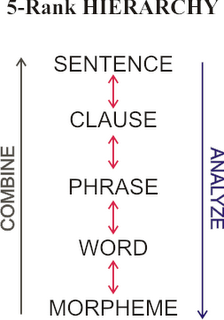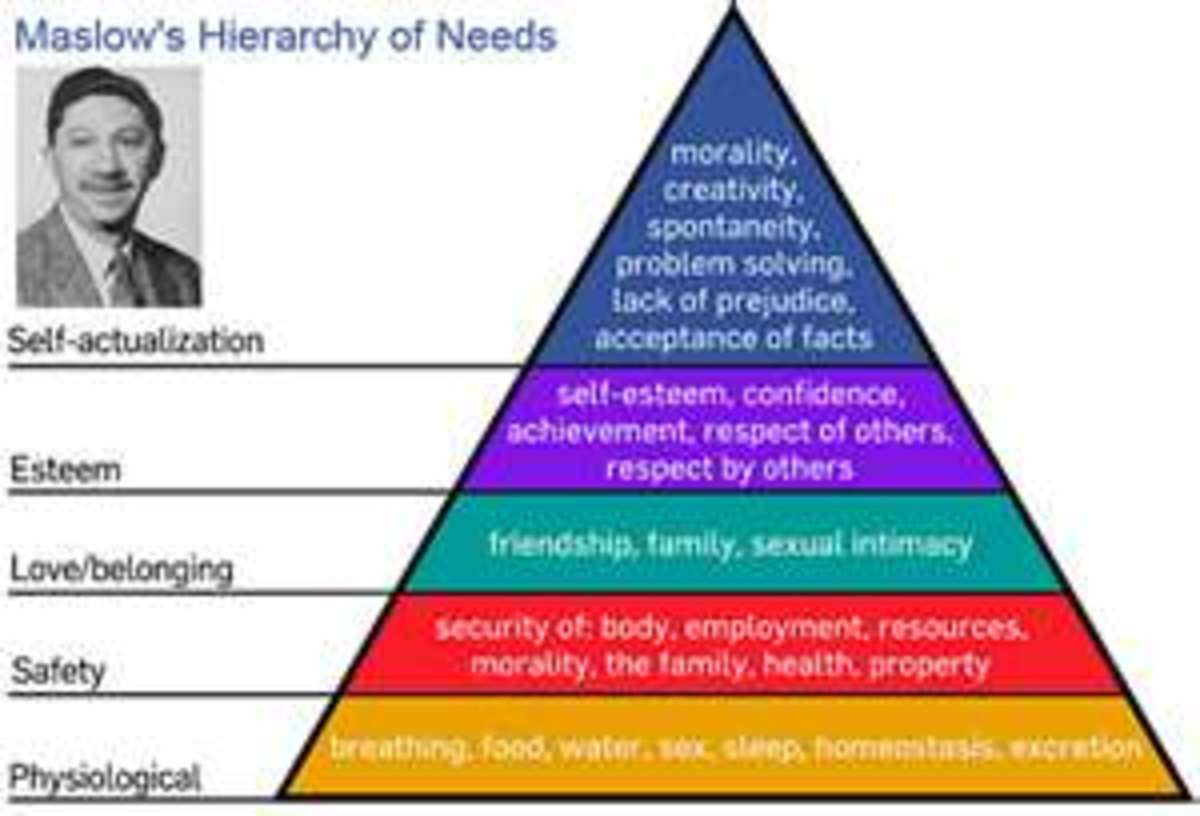The English Language: Language in Interpersonal Communication
Language in Interpersonal Communication
Language functions as a medium through which we are able to communicate. To begin to learn any language, we must learn the specific phonological rules associated with that language. A phoneme is the smallest unit of sound in a spoken language. A morpheme is the smallest meaningful unit of sound, which includes both words and parts of words. Phonemes are independent of the letters representing them, while morphemes are bound to the alphabet of the language to which they are associated. A few examples of phonemes in the english language are "sh" (as in "shout"), phonetically represented as [∫], "ch"(as in "church"), phonetically represented as [t∫], "th" (as in "three"), represented as [Θ], and "th" (as in "those") phonetically represented as [ð]. Morphemes are all varieties of affixes and words which contain no affixes.

Semantic Rules
To learn to speak a language, one must also learn semantic rules. These are rules governing denotative meaning versus connotative meaning. the denotative meaning of a word is the dictionary definition, while the connotative meaning is a much more personal definition of the word. For example, if one were to look up the word "Kleenex" in the dictionary, they should find something akin to "A brand name for a soft, disposable, paper tissue, used esp. as a handkerchief". The associated connotative meaning, minutely different for each individual, would be the case where an individual calls all brands of such products "Kleenex", such as "Could you hand me a Kleenex.".
Syntactic Rules
The next batch of rules with which one must be familiarized in order to succeed in speaking a language is the set of syntactic rules. This set of rules governs our sentence structure. We know, by these rules which are often used subconsciously, which rules precede which, where commas belong, and other such syntax requirements. These are the things on which most grade school english classes thrive. Because of the syntactic rules, we can more or less grasp what is going on even if we only understand some or few of the words in question. In the following sentence, "The flurge pyred the fletchly detches with its pordudgeous mudgery.", we instantly understand flurge, detches and mudgery to be nouns, pyred to be a past-tense verb, and pordudgeous and fletchly to be adjectives. What kind of mudgery? The mudgery was pordudgeous. What pyred the detches? The flurge. What kind of detches were they? They were fletchly detches... and so on. It is the syntactic rules that allow us to have understanding of sentences, even when such sentences have only 40% understandable content.
Pragmatic Rules
The last set of rules necessary for good communication skills is not quite as necessary for being able to speak a particular language, but more helpful if one desires to speak a particular language more effectively. These rules are called pragmatic rules, named after their constant pointing towards practicality. Such rules allow us to know the sort of things we say at weddings, the sort of things we say at funerals, and the difference between the two situations. It is not appropriate to behave in the same manner for both occasions, and neither is it acceptable to communicate in the same fashion.









